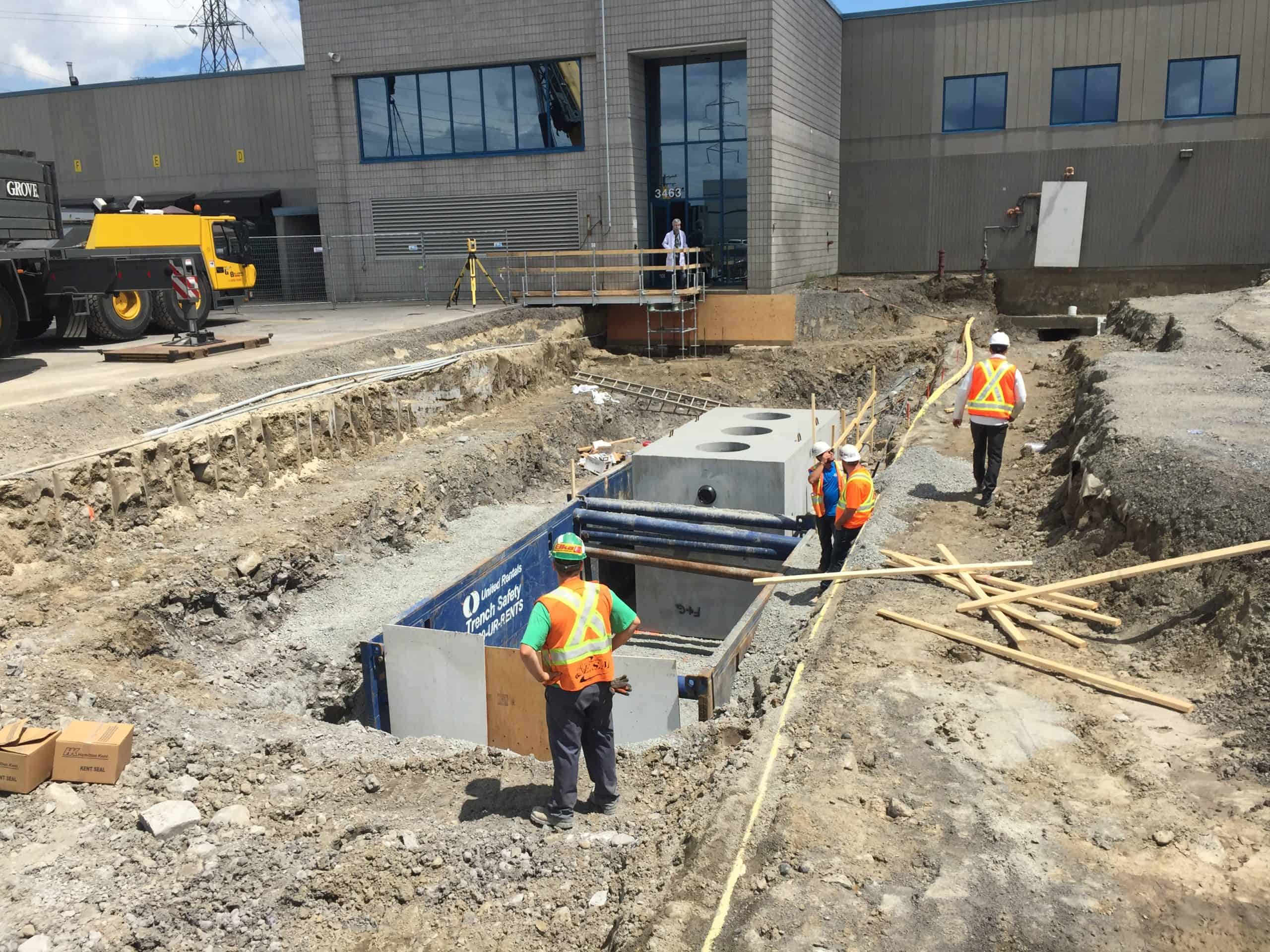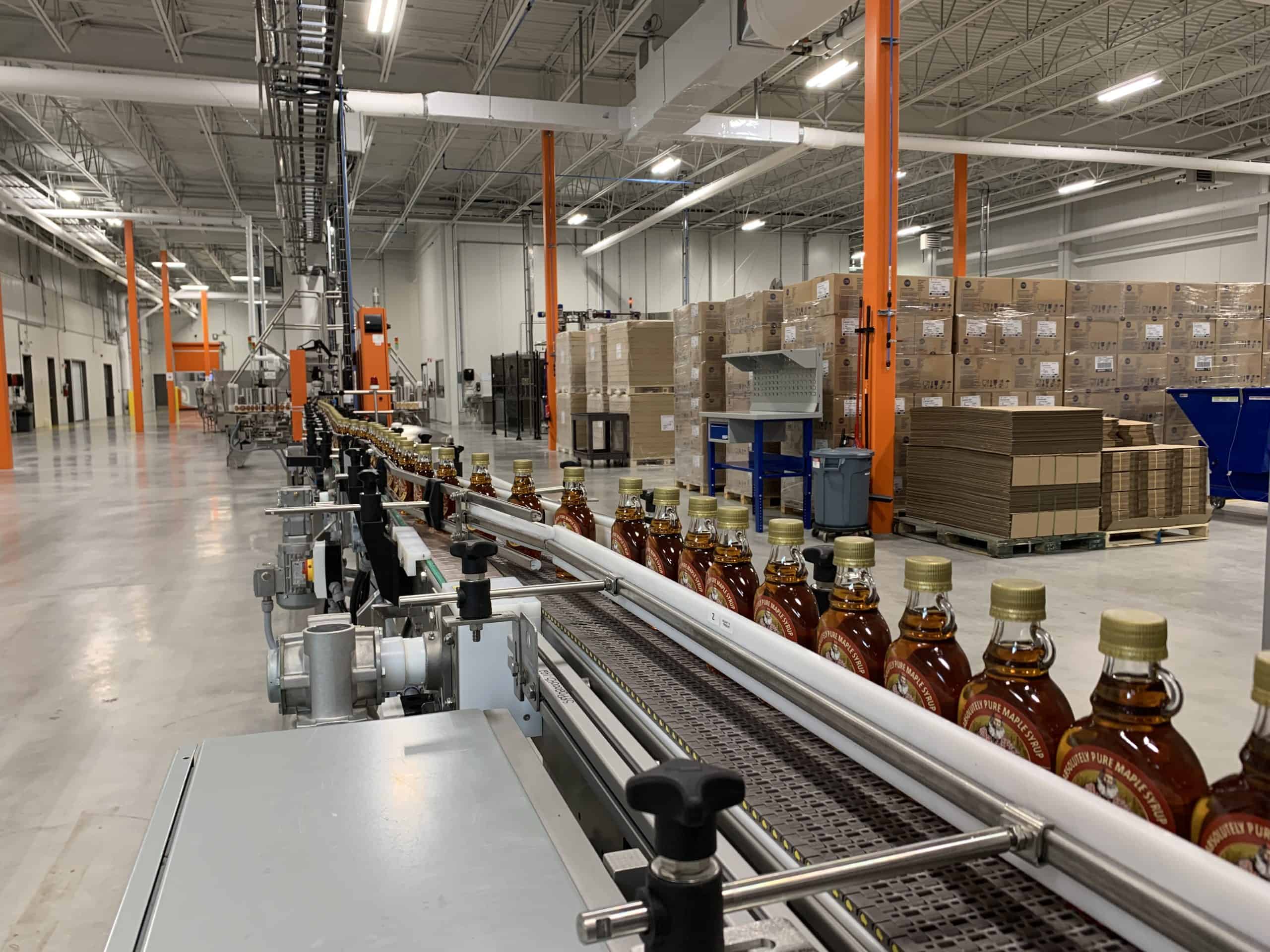You are not unaware that any agri-food product transformation company must comply with the various rules prescribed by the Environmental Quality Act (EQA).
Therefore, whether it is for reasons of technological production changes or for increasing its capacity (including a new plant), it is important that your Ministerial Environmental Authorization (formerly known as the ‘Environmental Authorization Certificate’) accurately reflects reality and is compliant.
A new authorization or a modification to the existing authorization may be necessary for the operation and activities of a company in the following cases:
- Increase in production volume or capacity (including the new plant).
- Modification of the production process.
- Modification or replacement of production equipment.
- Modification of existing emissions and contaminant treatment systems.
According to Mr. Carl Genois of GKGI, an expert in environmental regulatory compliance, “It is becoming increasingly common to see municipal authorities refuse to issue construction permits until the environmental authorization (provincial authorities) is granted. It is increasingly the case that some municipalities do not even consider the possibility of starting the analysis of the construction permit application until this condition is met.”
Acquiring environmental compliance or authorization documents takes time, specialized resources, and the involvement of company management and operations personnel. Often, it takes several months, or even more than a year. This needs to be planned from the beginning of the project; otherwise, unpleasant and costly surprises can arise.
It is surprising to note, at the end of the complete environmental authorization application process and despite the fact that the company has implemented effective accounting, managerial, and operational measures, that the management and operational staff members discover and understand their operation even better. The exercises of material balances, water balances, energy consumption, atmospheric contaminant dispersion modeling, acoustic propagation, groundwater behavior, and effluent treatment chain analysis provide a high level of knowledge that would not have otherwise been acquired.
According to Mr. Genois, “The Ministerial Environmental Authorization should rightly be considered as an intangible asset for the company.” This legal document offers several advantages when it comes to considering the sale (or acquisition) of the company or financing growth projects. It is increasingly required by legal advisors and other professionals who are consulted during the customary due diligence checks in such transactions.
“An enterprise that holds an up-to-date document of this kind also provides a certain ‘peace of mind’ to the company administrators who are legally and personally responsible for environmental issues that may arise during the course of operation.”
The Ministerial Environmental Authorization represents a snapshot of regulatory compliance at the time it was issued. Contrary to popular belief, the concept of acquired rights is no longer as certain or acquired as it once was. Thus, updating the conditions dictated by this authorization or the risk of encountering environmental non-compliance always remain a possibility for the company.
A good Environmental Monitoring Program (EMP) adapted to the conditions established in the authorization, combined with an annual environmental report for the administrators, remains the best tools for evaluating the company’s performance in terms of regulatory compliance. Preventive or corrective actions put in place build the best arguments for responsible conduct (as the popular expression goes, acting like a good father). Let’s not hesitate to document actions here to provide a strong and reasoned basis for the company’s goodwill in doing things correctly. This is about logical foundations and common sense. We never know if or when we will have to discuss it.
It is worth noting that the relationship with specialists, analysts, and administrative officials from the Ministry of the Environment (MELCCFP) is not as painful as some may suggest. Certainly, it is a rigorous exercise, but often, when the relationship with these individuals is cordial, open, and honest, common sense prevails, and the conclusions of the final agreement are not as coercive as initially feared.
It is highly recommended to directly communicate, through a preparatory interview, with MELCCFP analysts to clearly present your project, your methodology for submitting documents and studies in the authorization application procedure to convey your enthusiasm and intention to do things properly. This approach facilitates the review of the file and guides you toward the right actions to take. It often helps to reduce the authorization issuance time.
Our pre-construction department can support you in various activities necessary for environmental authorization requests.
Please do not hesitate to contact our teams, who will ensure that all the bases are covered before starting work on the site.
Luc Cusson, ing. et MBA Carl Genois, ing.
Frare Gallant Ltée GKGI
(514) 971-9344 (418) 952-0697





